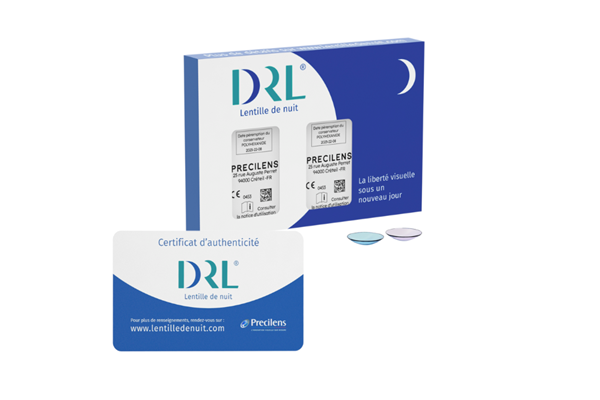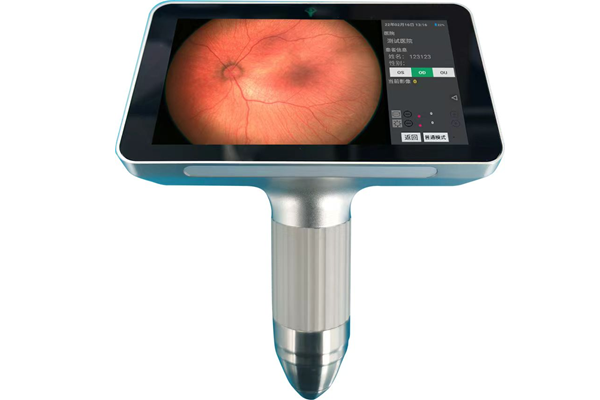Contact us
No.15, Lane 88 Wuwei Road, Putuo District, Shanghai
Zip Code:200331
Tel: (+86) 021-50498986
Fax:(+86) 021-66351391
Email:info@pioneer-pharma.com
by Ben Adams |
Nov 28,
2016 3:54am
Chugai follows on from its majority owner Roche in outlicensing
a P13K inhibitor.
2016年12月1日 讯/ 生物谷BIOON/——由罗氏公司控股的日本中外制药Chugai公司,已经把早期肿瘤学研究授权给了意大利的Menarini集团。
对I类PI3K抑制剂PA799的研究,主要由Menarini旗下的一家研究癌症,名为Berlin-Chemie Menarini的子公司进行后续的研发。
PA799由Chugai公司首先进行研发,已经在欧洲进行了第一期实体瘤治疗,其官方报告显示,“其在临床试验中表现出良好的安全性”。
货币条款没有公布,因为这些类型的许可交易变得越来越普遍,但Chugai将得到一个未公开的预付款,在未来将附加生物资金和特许权使用费。
根据协议,Chugai公司授予Menarini集团全球PA799制造、开发和营销的独家许可。
Japanese biopharma
Chugai, majority owned by Roche, has licensed out an early oncology prospect to
Italy’s Menarini Group.
The deal will see a
subsidiary of Menarini, the cancer-focused biotech known as Berlin-Chemie
Menarini, get its hands on PA799, a class I PI3K inhibitor.
The drug came out of
Chugai’s lab and has already been through a phase 1 for solid tumors in
Europe, in which it “showed a good safety profile in the clinical trial,”
according to a statement.
Monetary terms were
not released, as is becoming increasingly common for these types of licensing
deals, but Chugai is
to get an undisclosed upfront payment, with additional biobucks in the form of
milestone and royalty payments in the future.
Under the agreement,
Chugai has granted Menarini Group an exclusive license for the manufacturing,
development and marketing of PA799 across the globe.
“We are pleased to
sign a license agreement for PA799 with Menarini Group,” said Chugai’s
representative director, president and COO Tatsuro Kosaka.
“PI3K is assumed to
be one of the important kinases in the signaling pathway for the proliferation,
the differentiation and the survival of tumor cells. We hope that the
development of PA799 by Menarini Group will bring benefit to the patients as
early as possible.”
Chugai, 62% owned by
Roche, appears to be following suit of its Swiss Big Pharma partner as a
month ago, Roche too got shot of its cancer med GDC-0084, also an inhibitor of the
phosphoinositide-3-kinase (PI3K) pathway.



 沪公网安备 31010702003670号
沪公网安备 31010702003670号